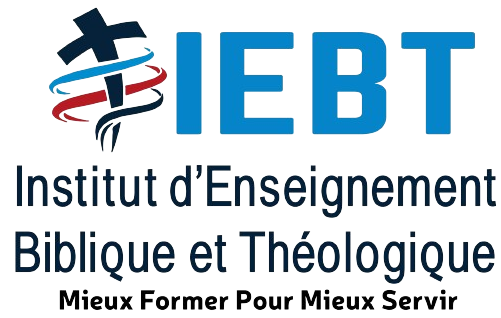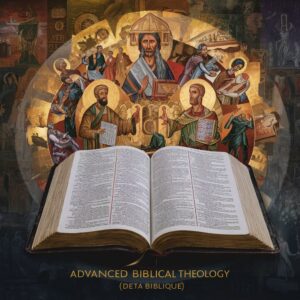Description
In these courses, students are exposed to a variety of topics, such as the history of sacred music, the principles of choral conducting, musical harmony, and instrumental practice. They gain a theoretical and practical understanding of music, as well as vocal or instrumental performance skills, as appropriate. These skills allow them to better understand and lead the musical aspects of religious ceremonies, creating enriching worship experiences for their community.
The integration of mandatory music courses into the theology curriculum also promotes a holistic approach to the training of religious leaders. By encouraging students to develop their artistic talents and aesthetic sensitivity, these courses complement their theological education and provide them with tools to communicate the faith in a more authentic and engaging way. In addition, they strengthen the spiritual dimension of their formation by fostering a deeper and more meaningful worship experience.
In conclusion, the inclusion of mandatory music courses for theology students, especially at the degree level, represents a rewarding initiative that aims to train religious leaders who are well-equipped to serve their faith communities holistically. By combining a strong theological education with an appreciation of sacred music and chant, these courses prepare students to minister competently, creatively, and spiritually, enriching the religious life of their communities.







There are no reviews yet.